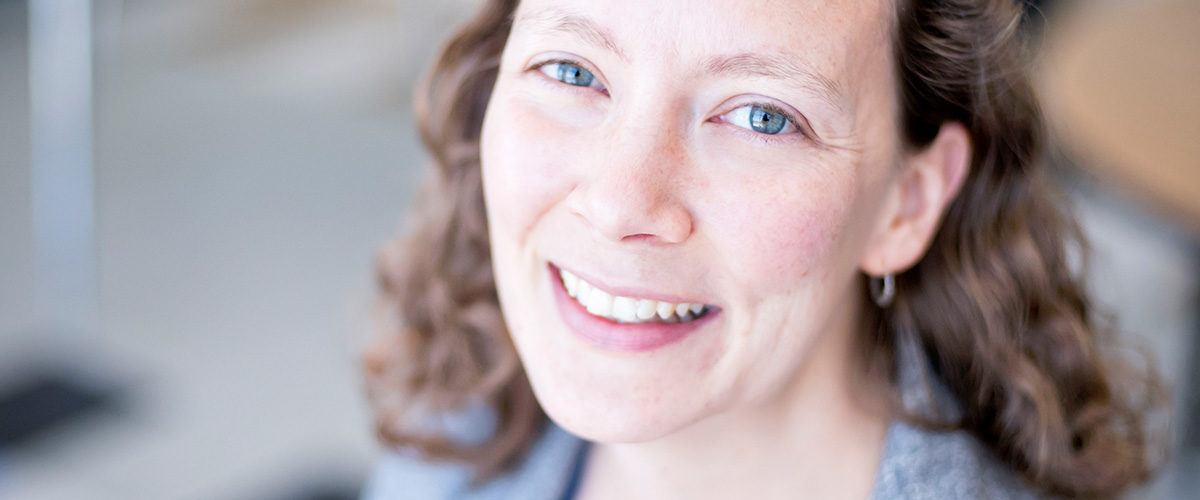Andrea Roethke
Andrea builds EdAllies’ capacity and impact by developing internal systems, managing a high-functioning team, and advancing educator and community engagement programs. Andrea has worked in nonprofit advocacy for over a decade, and has a track record for leading successful policy and program initiatives, most recently as deputy director for MinnCAN. Before that, she was a senior policy analyst for the Job Opportunities Task Force in Maryland, where she helped advance research-based policy change to remove barriers and increase access to opportunity for low-wage workers. Andrea got her feet wet in the nonprofit world as an AmeriCorps*VISTA, helping to strengthen the University of Minnesota’s service learning program. She holds a bachelor's in Sociology from the University of Minnesota and a master's in Public Policy and certificate in Non-Profit Management from the Johns Hopkins University. Andrea is mom to two, and lives with her family in South Minneapolis.
Why are you passionate about education?
Before landing in education policy, I spent many years in workforce development. My work touched on everything from criminal justice reform, to transportation policy, to social safety nets—and of course, education and training. When we listened to what people needed, it was the former—the immediate, urgent things that you just can’t get traction without. But when we listened to what people wanted—their real dreams and aspirations—it all came back to education and training. The degree that would open the door to better jobs or the skills to run your own business; these are the heart of economic empowerment, and it starts in our preK-12 system. We have to get the early years right, or play decades of catch up. That’s what motivates me.
What do you hope to see change in education in your lifetime?
Some of the most important people in my life dropped out of high school. Despite being curious, voracious readers, and learners in so many senses, the system just didn't work for them. Our systems are grown out of tradition, and are too often not designed to ensure that people with different learning styles, needs, and talents will thrive. In my lifetime, I’d like to see us evolve and grow our education systems so that they are both rigorous and truly engaging for all.
Why is humility important to you?
Middle-class white women like me are a fixture of many nonprofits, and although well-intentioned, we haven’t always experienced the issues we hope to “fix” through our work. I thank the community members and colleagues who were willing to call me out on this fact early in my career, pushing me to stop analyzing and fixing, and start elevating and partnering. If I want to play my part in advancing change—and have it be truly meaningful—I have to be humble enough to listen.

